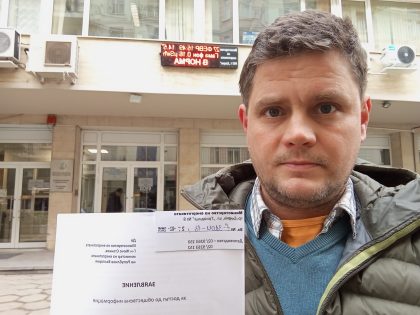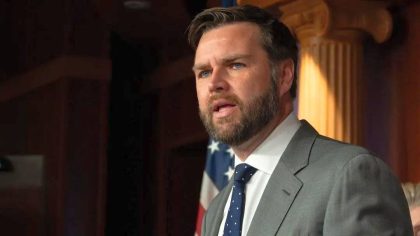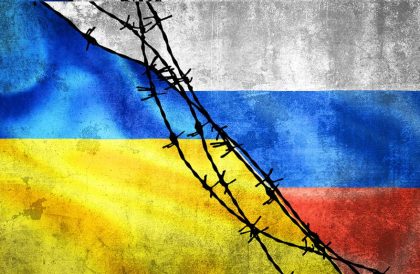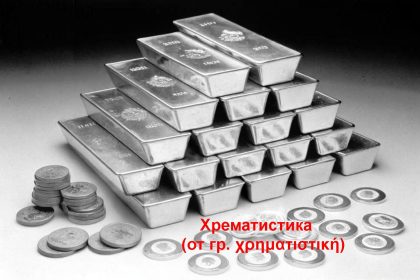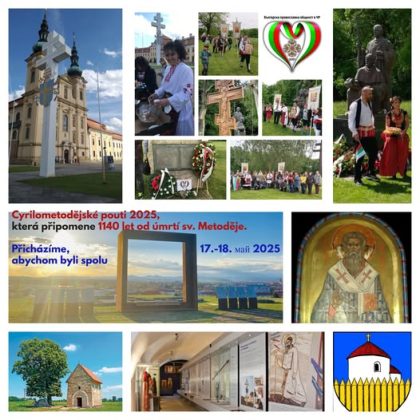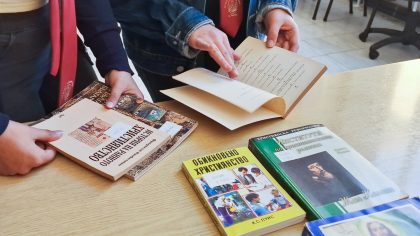Bulgaria is the poorest country in the eurozone, yet could escape from the current financial crisis unscathed.
By Julian Popov
23 Nov 2011
London, United Kingdom – Sitting in London, reading the papers and talking to neighbours, one is constantly tortured by the question, „How did it all happen?“ Walking on the streets of Athens, the same question has much more dramatic importance. Italy is crumbling. Spain and Portugal are on the edge. The Irish dream turned into an Irish nightmare. The three Baltic jewels of European Union enlargement almost collapsed economically in 2009. Hungary’s flight to Western standards abruptly stopped, and in 2008 the Holy Trinity of financial stability – the IMF, World Bank and the European Union – had to provide the Hungarians with a $25bn rescue package. In all the European Union, only Poland somehow avoided severe recession. One would expect that in the face of this unstoppable economic destruction, the weakest would be hurt the worst. But is it so?
Bulgaria is the poorest country in the European Union. With a per capita GDP of just €10,600 in 2010, it is already lagging behind Turkey. Bulgaria is also the most inefficient. To produce a unit of GDP in Bulgaria, you need more than two times more energy than the EU average. And that is if you measure it in terms of purchasing power parity. Measured in nominal terms, the Bulgarian economy is eight times less energy-efficient than the EU average, and 16 times less than Japan.
Bulgaria and Romania are also the most fiercely criticised EU members for their slow reforms, corruption, organised crime and creaking administration, which can’t even get the generous European grants to which they are entitled. Recently the two countries were rejected from the Schengen Agreement – the treaty allowing free movement of people within the EU – by the Dutch and the Finnish governments. The Romanians reciprocated by delaying the import of Dutch tulips. Bulgaria cancelled a visit by the Dutch prime minister. The big European club still somehow feels that it made a huge gesture in accepting the last two countries to join its other shiny members.
Yet if you travel from country to country in the European Union, you might notice that besides the general tendency of Bulgarians to complain about their government and their fate, the mood is actually not as depressing as in some of the richest corners of Europe. And there is a reason for that. So far, the poorest EU member is proving surprisingly resilient to the constant waves of European economic disasters. The country is outside the eurozone, but it has a currency board that has firmly pegged the local lev to the troubled euro. It would be naive, however to think that being outside the eurozone is a sufficient condition to survive and prosper. There are other factors beyond that. And there might be some lessons to learn.
Gross mismanagement
In 1989 Bulgaria shed Communism somehow, by accident. Bulgaria’s equivalent of Tahrir Square was flooded with people after, not before the change. A moment of hope was followed by disastrous and incompetent policies that wrecked the economy. Bulgaria had inherited a vast foreign debt burden from the last few years of communism, when the regime desperately tried to save the face of its rotten utopia by borrowing recklessly from the West. Less than a year after the collapse of communism, Bulgaria suspended the servicing of its foreign debt. Even this extreme decision, however, did not trigger a proper economic change. The banking system and loss-making state-owned industries remained unreformed, allowing bad domestic debt to build up to disastrous levels by 1996. Finally, in 1997, the otherwise very patient Bulgarian people went out onto the streets and triggered early parliamentary elections.
A new government was elected. It was not necessarily a government of economic wizards, but it was a government with a clear majority that was forced to follow the rules set by the IMF; a government of reluctant economic obedience and discipline. Since then the fortunes of Bulgaria have turned around, the banks were put under strict control, and a currency board arrangement imposed strong fiscal discipline.
The gross mismanagement of the Bulgarian economy, however, left a deep scar in the hearts and the minds of citizens and politicians alike. Both families and the state were spending modestly and did not dare to borrow. Economic confidence never appeared. The government was so scared of overspending that just before the crisis in 2007, tax revenues were €2bn more than the budget, or more than 6 per cent of GDP. Beyond strictly economic explanations, one should also note that the country was absorbed by the wisdom of poverty – don’t spend your own money! Even the expectation of others people’s money (Bulgaria entered the generous EU in 2007) did not relax the parsimonious attitude.
Used to ‘austerity’
A couple of years ago, when I asked a friend of mine whether he thought that the economic crisis would have a dramatic effect on life in Bulgaria, he cynically replied: „I don’t think anything will change. Bulgarians live in misery, and after the economic crisis hits them they will continue to live in misery.“
There is some truth in this view, but not the full truth. Part of this misery is what Western governments term, with a more sophisticated word, „austerity“. Austerity, when compared to European consumers’ pre-2008 expectations, is exactly that – misery. However, Bulgarian austerity is something more complex. It predates the economic crisis, and it is not only widespread, but it is also deep and systemic. Social services in Bulgaria are poor. They hardly work. Social spending is low. Schools and orphanages rely heavily on private donations for their routine operations. It seems that the government has realised that it is simply not capable of running a welfare state. Not capable financially, not capable administratively. So, it doesn’t.
Bulgaria is not a social state. Arguments for socialism were deeply hypocritical even in the early 80s, at the height of so-called „developed socialist society“. Bulgaria is, rather, a socially cruel state. But people have other ways to compensate for the state’s cruelty and incompetence. Bulgarians own their homes. Renting is rare; mortgages are rare too. Living with parents, who are always ready to take you back on the living-room sofa and feed you, is common. Grandparents in the country grow enough tomatoes, potatoes and onions on their small plot for the whole family. People’s endurance is very elastic.
During Communism, and even before, Bulgarians have never left the country in large numbers. Bulgaria, unlike Poland, Turkey, the Czech Republic, Armenia, Greece, and many other countries, has never managed to produce significant emigration. With the blossoming of Bulgarian democracy, however, people started leaving the country in hundreds of thousands. Nobody knows how many Bulgarians now live abroad, but there are probably more than a million. For a relatively poor country of only 7.5 million, this diaspora is a significant source of income. And that is income that is fairly distributed, untouched by bureaucracy or dubious political projects.
Bulgarians also do not like paying taxes. And the previous government, ironically for socialists, realised this and introduced a flat income and corporate tax rate of 10 per cent. This is probably the psychological tax threshold above which collection becomes really difficult in Bulgaria. Ten per cent is seen as a fair deal between citizens who don’t trust government and government which doesn’t care much for its citizens.
During Bulgaria’s communist era, a popular joke went: „They pretend to pay me and I pretend to work for them“. At that time, „they“ was only the state; there was no private sector.
One can trace this attitude back to Bulgaria’s not-so-distant Ottoman past, and it survives in a new form today. Deep mistrust between government and citizens, uncaring authorities, low taxes and low spending, emigrants growing in numbers and affluence, European subsidies, no borrowing, dilapidated hospitals, small plots of fertile land for most families, beautiful nature and Balkan stubbornness doesn’t exactly sound like the sort of economic recipe that you might hear from the World Bank, the IMF or the European Commission. But it seems to work. For now.
Julian Popov is a journalist, consultant, director of the UK charity organisation, Friends of Bulgaria, and chairman of the Board of Directors at the Bulgarian School of Politics.
Source: Al Jazeera
The views expressed in this article are the author’s own and do not necessarily represent Al Jazeera’s editorial policy.

